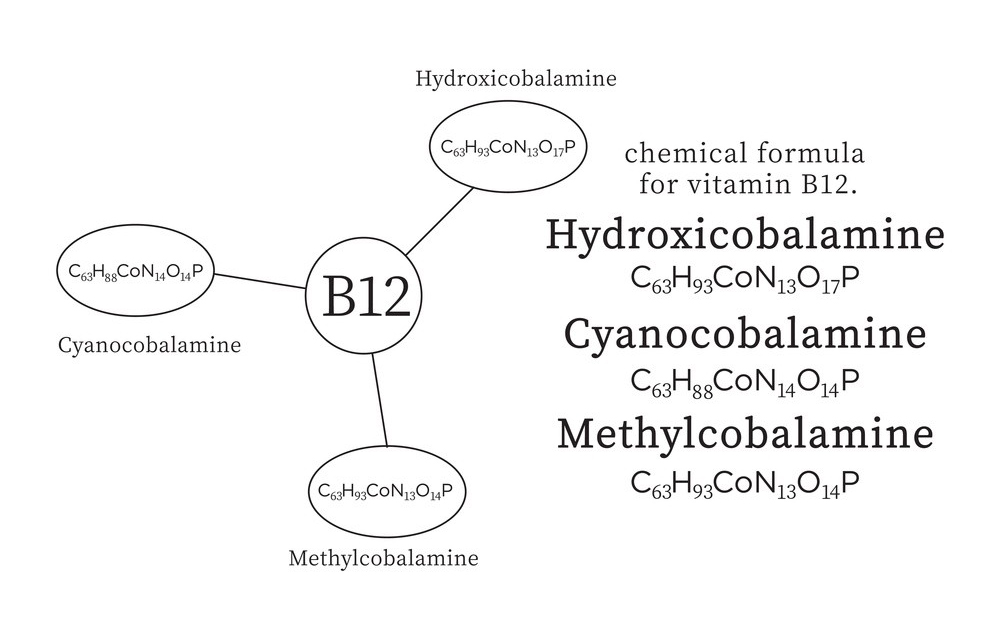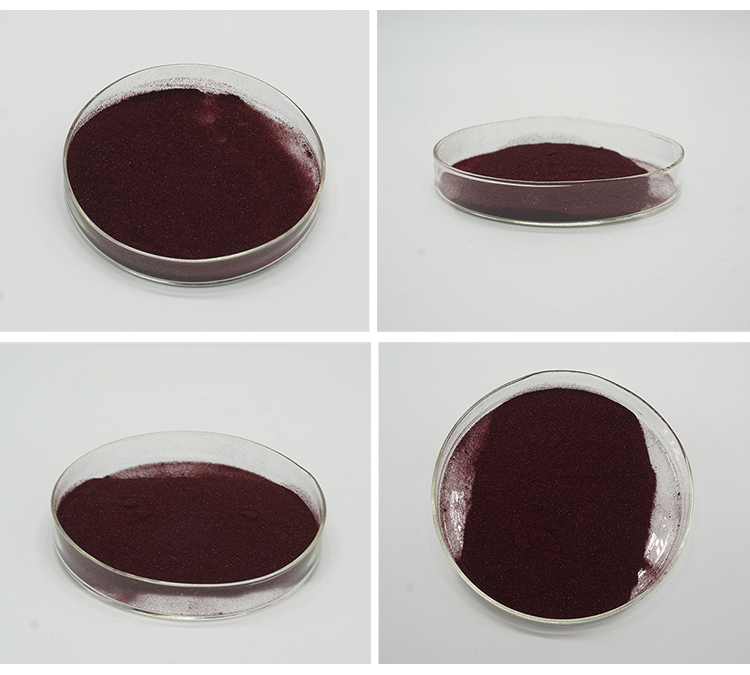Mecobalamin, also known as methylcobalamin, is a form of vitamin B12 that is used in the body for various physiological functions. Here are some of its primary applications:
1.Neuropathy Treatment
Peripheral Neuropathy: Mecobalamin is commonly used to treat peripheral neuropathy, a condition characterized by nerve damage that causes pain, tingling, and numbness, usually in the hands and feet. It helps in nerve regeneration and can improve symptoms.
Diabetic Neuropathy: This is a specific type of peripheral neuropathy seen in patients with diabetes. Mecobalamin can help alleviate symptoms and slow down the progression of nerve damage in diabetic patients.
2.Vitamin B12 Deficiency
Mecobalamin is prescribed to individuals who have a vitamin B12 deficiency. This deficiency can lead to anemia, fatigue, memory problems, and neurological issues. Mecobalamin helps restore normal levels of vitamin B12 in the body.
3.Anemia Treatment
Megaloblastic Anemia: This type of anemia is often caused by a deficiency of vitamin B12 or folic acid. Mecobalamin is used to treat megaloblastic anemia by helping in the production of healthy red blood cells.

4.Central Nervous System Disorders
Mecobalamin is sometimes used as part of the treatment for various central nervous system disorders, including certain types of dementia and multiple sclerosis, due to its role in maintaining healthy nerve cells and its neuroprotective properties.
5.Amyotrophic Lateral Sclerosis (ALS)
There is some evidence suggesting that high doses of mecobalamin may slow the progression of ALS, a neurodegenerative disease that affects motor neurons. However, more research is needed in this area.
6.Autism Spectrum Disorder
Some studies suggest that mecobalamin might be beneficial for children with autism spectrum disorder, particularly for improving language skills and reducing behavioral issues, although more research is required to confirm these effects.
7.Cardiovascular Health
Mecobalamin can lower homocysteine levels in the blood, a compound that is associated with an increased risk of cardiovascular diseases. By reducing homocysteine levels, mecobalamin can help lower the risk of heart disease and stroke.
8.Fatigue and Weakness
Chronic fatigue and muscle weakness can sometimes be alleviated by mecobalamin, especially in individuals with a vitamin B12 deficiency.
9.Supportive Care in Chronic Conditions
Mecobalamin is also used as a supportive treatment in chronic conditions such as chronic fatigue syndrome, fibromyalgia, and other conditions where maintaining adequate vitamin B12 levels is beneficial for overall health and energy levels.
Administration and Dosage
Mecobalamin can be administered orally, intramuscularly, or intravenously, depending on the condition being treated and the patient’s specific needs. The dosage and duration of treatment are determined by the healthcare provider based on the individual patient’s condition and response to therapy.

Safety and Side Effects
Mecobalamin is generally well-tolerated, but potential side effects can include:
Mild diarrhea
Itching or rash
Allergic reactions, though rare
It is important for individuals to follow their healthcare provider’s instructions regarding the use of mecobalamin and report any unusual symptoms or side effects.
In summary, mecobalamin is a versatile form of vitamin B12 with multiple applications in treating neuropathy, anemia, vitamin B12 deficiency, and supporting overall neurological and cardiovascular health.
